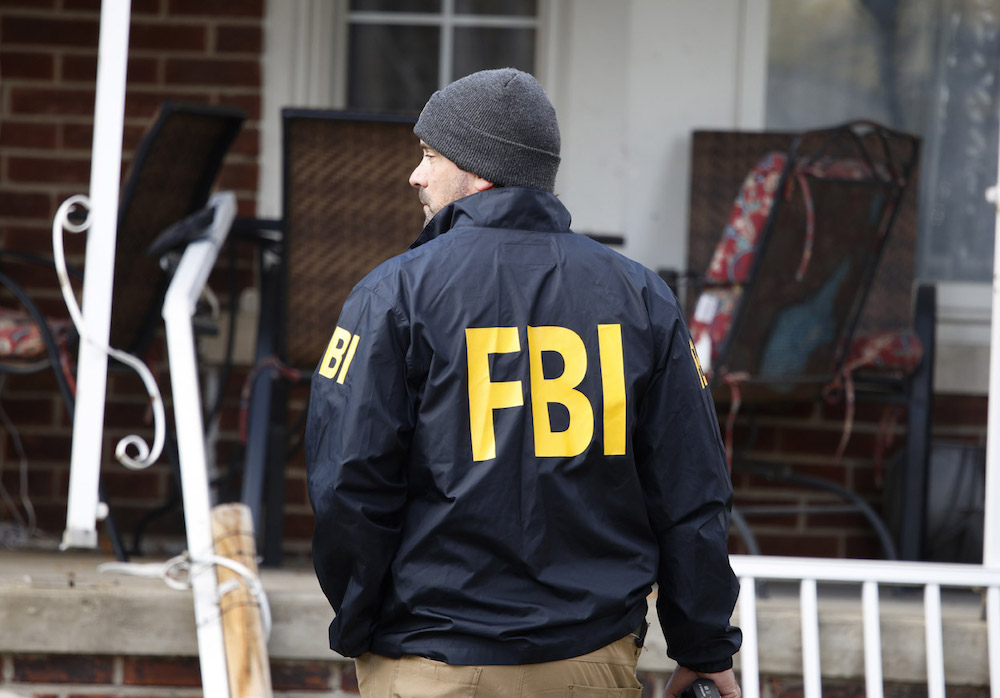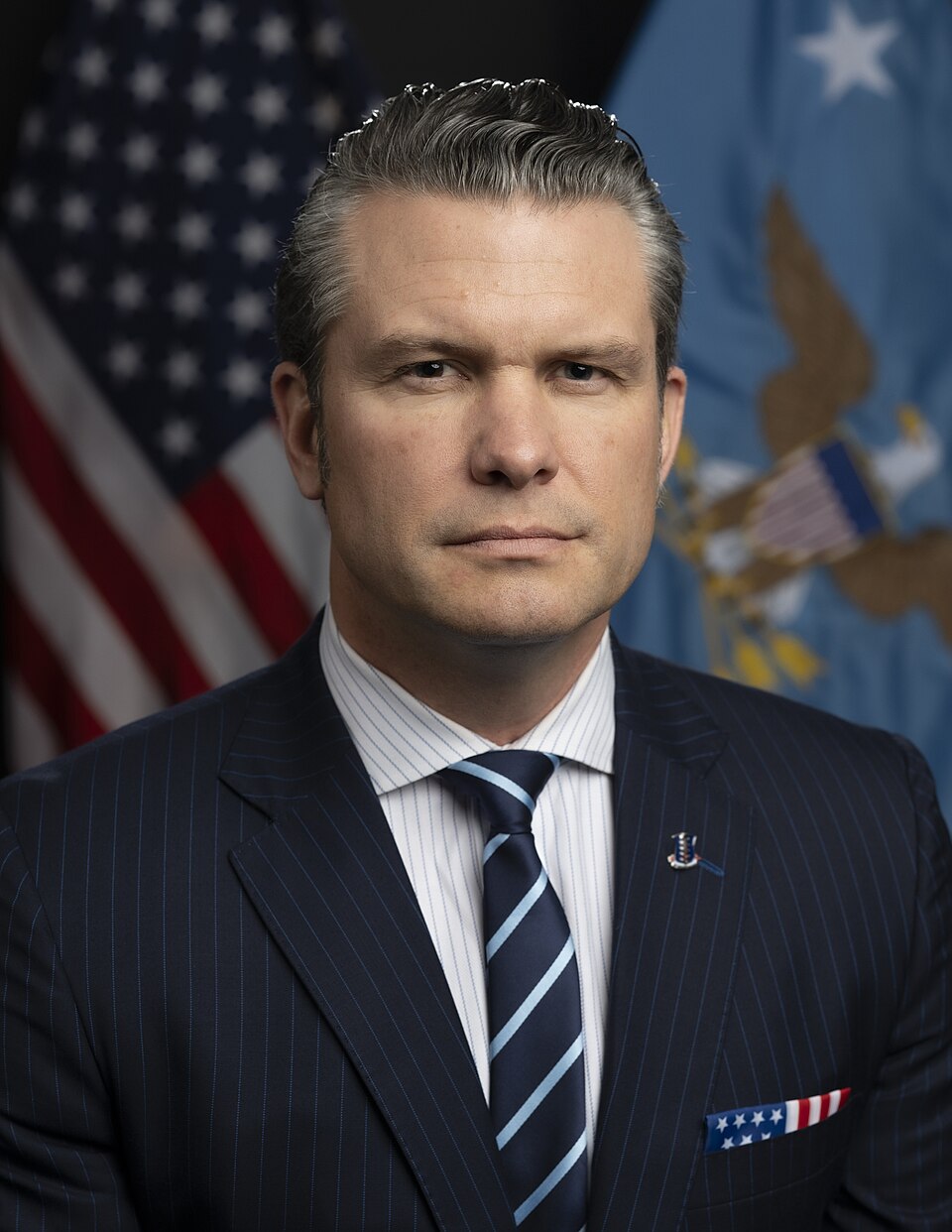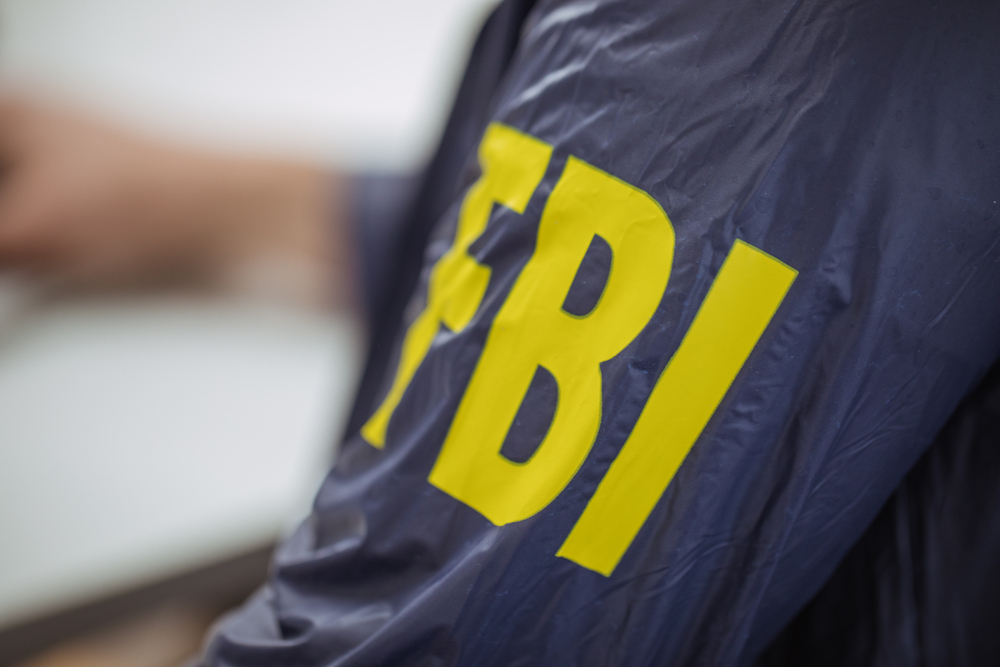 By Allan Lengel
By Allan Lengelticklethewire.com
As recently as 2009, the FBI was presenting materials about Islam to new recruits that former agent Mike German thought was a little shocking and might lead to abuse, according to the website Talking Points Memo.
“Certainly I was concerned with the approach the FBI was taking post-9/11, which is why I’m no longer with the FBI,” German, who is now with the ACLU, told TPM. “I am shocked to see that this type of training material was produced in 2009.”
“The FBI is made up of human beings, and human beings make mistakes, but one would have thought by 2009 they would have understood this issue a little more clearly and realized how offensive that material would be read,” German said.
The website reported: “The FBI was telling new bureau recruits as recently as Jan. 2009 that Islam “transforms [a] country’s culture into 7th Century Arabian ways” and recommending a book written by one of Norwegian terrorism suspect Anders Behring Breivik’s favorite authors as well as the Complete Idiot’s Guide To Understanding Islam.”
TPM reported that some of the books included on a “Recommended Reading” slide are The Politically Incorrect Guide To Islam and The Truth About Muhammad by anti-Muslim blogger Robert Spencer, “who was cited 64 times by the Norwegian bombing suspect Breivik in his manifesto.”
The story was first reported by Spencer Ackerman in WIRED’s Danger Room.
The information was included in a 62-page slideshow produced by the FBI’s Law Enforcement Communications Unit, and obtained by the ACLU and the Asian Law Caucus via the Freedom of Information Act request filed last year, TPM reported.
The FBI, in a statement told WIRED, that the bureau’s presentation “was a rudimentary version used for a limited time that has since been replaced.” It said the Robert Spencer’s book was no longer on the recommended reading list.
“We encourage our agents to seek out a variety of viewpoints,” the FBI said. “That does not mean we endorse or adopt the view of any particular author,” the bureau’s statement continues. “Broad knowledge is essential for us to better understand and respond to the threats we face. Knowledge also helps us defeat ignorance and strengthen relationships with the diverse communities that we serve.”




